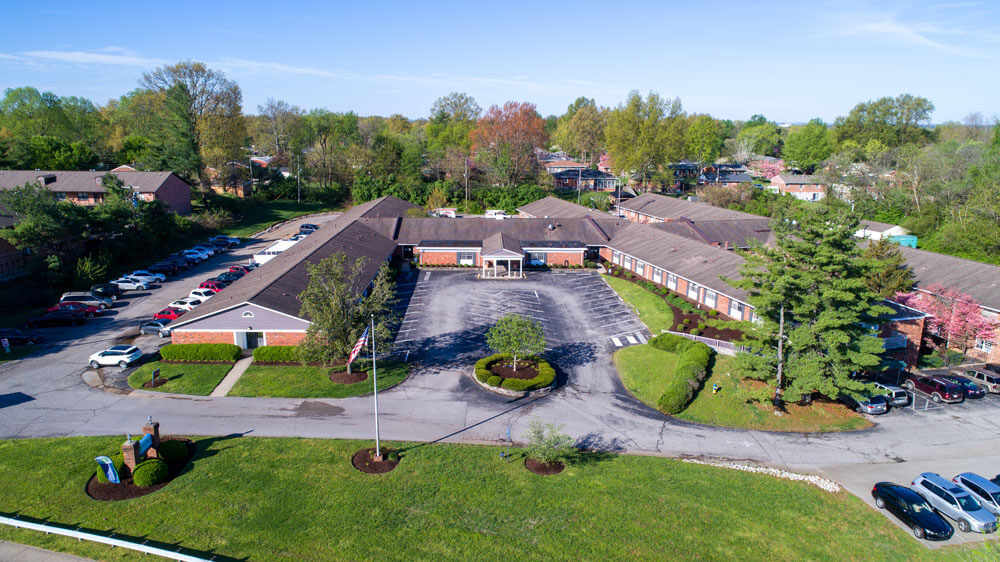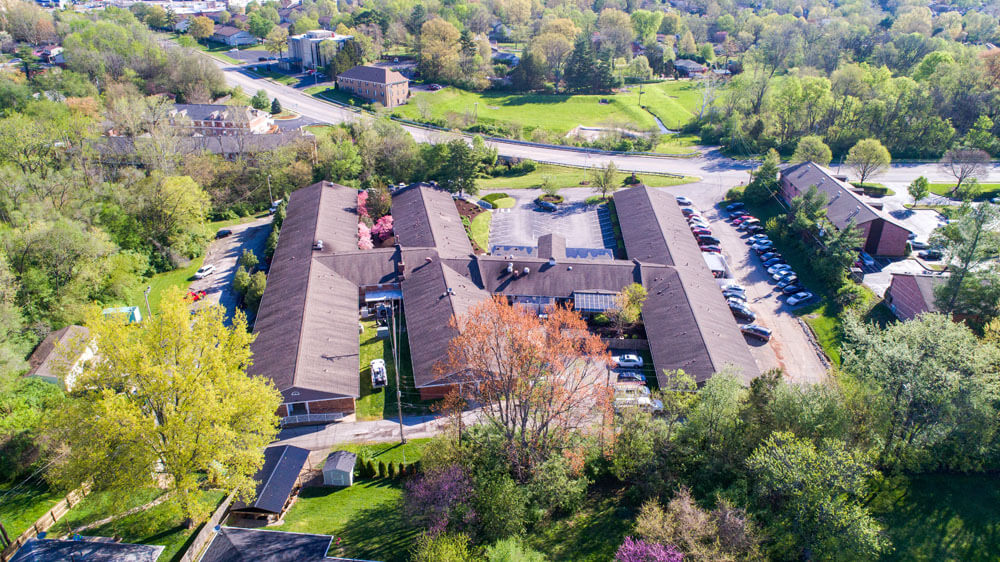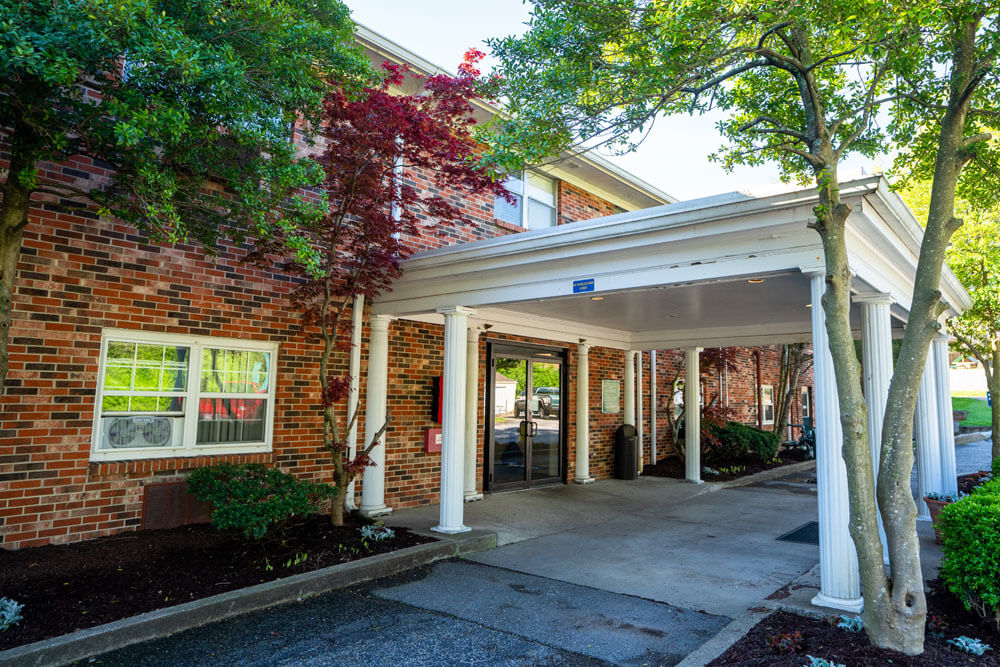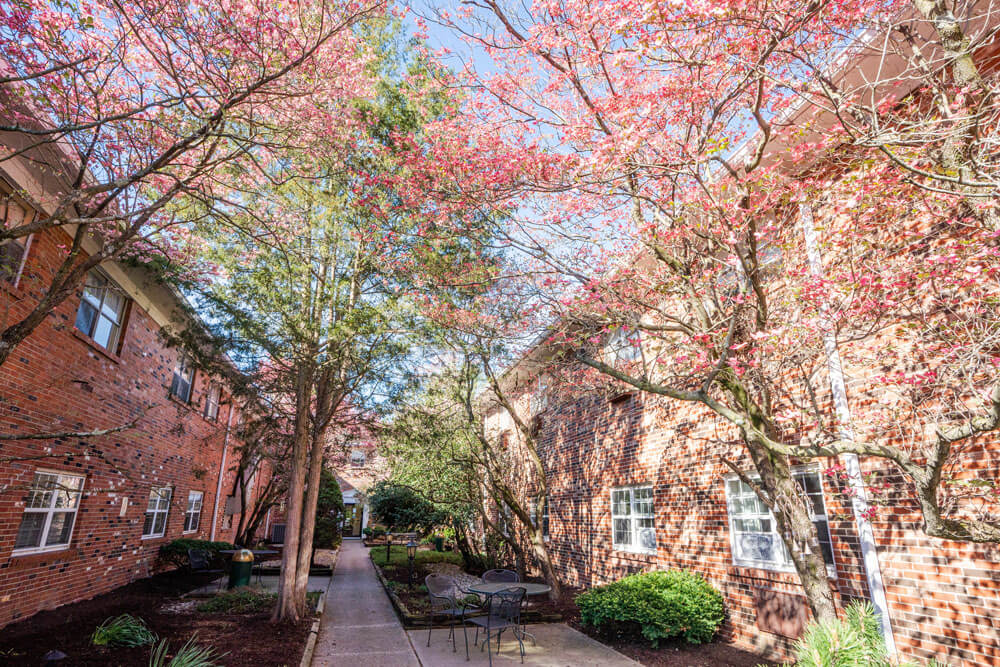Maybe you’re thinking about hospice care for a person you love dearly. It might make you feel more uncertain if they in a skilled nursing facility. How will that affect their care, and when is the right time?
Hospice care is tough to think about, but death is a part of life, and the time will come when you don’t have a choice.
Take some comfort in knowing you aren’t alone. More than 1.49 million people in the United States enrolled in hospice care in 2017.
The more you know about hospice care, the less scary it becomes. Nobody wants to think about their family member passing away.
But skilled nursing facilities can offer hospice care too when that time comes. Keep reading this guide to find out everything you need to know about hospice in assisted living.
What Is Hospice?
More and more people are choosing hospice services for their end-of-life care. Hospice’s focus is on the care, comfort, and quality of life of people suffering from a terminal illness.
A misconception of hospice is that you only need it for your final days of life. But this is not true. Hospice care focuses on the last months, not days or hours.
There are no more attempts to cure illness with hospice either by the person’s choice or because treatments are not working.
The great thing about hospice is it’s a type of care approach that isn’t tied to any one location. Hospice care is done at home, in the hospital, or long term care facilities.
Hospice works in a team with doctors, nurses, spiritual, and social services. Hospice also has many volunteers that help provide emotional support. The team works together 24/7 to make sure patients get the care they need.
Hospice Services
Hospice gives people a specific type of comfort care. You can know your loved one will receive services like:
- Pain relief
- Management of symptoms
- Spiritual support
- Emotional support
- Help with medication dosages
- Provide help, support, and information for family members
- Physical therapy
- Occupational therapy
Benefits of Hospice Care in Assisted Living
There are significant benefits to your loved one receiving hospice care in an assisted living facility. First, a relocation is disruptive for everybody involved, not just the person living at the care facility.
Hospice care will allow for a smooth transition from one type of care to the other, all while remaining in one place.
Once assisted living staff notifies hospice, within 24 hours, they will:
Deliver medical equipment to the facility like a specialized hospital bed or a wheelchair.
Schedule regular visits from a doctor, nurse, nursing aide, social worker, chaplain, and volunteer services.
The doctor will collaborate with physicians at the assisted living facility to come up with a care plan. Hospice social workers are an invaluable resource for you to have as a family member.
Social workers have extensive knowledge of community resources and insurance benefits and take a huge burden off you regarding end-of-life conversations and care needs.
Hospice in Assisted Living Facilities
If your family member lives in an assisted living community and is recently diagnosed with a life-ending illness, then the last thing you want them to do is to have to move from a place they know and trust.
In most states, medical professionals can provide hospice care in assisted living facilities. Make sure you start the conversation with your family member’s assisted living caregivers right away.
Once hospice enters the picture, they will work with the assisted living facility to put a plan in place. So don’t be afraid to your part and ask questions like:
- Who is on staff at night to provide care
- Which doctor will write orders for care
- Who are the emergency contacts
- Who gives the treatments and at what times
Insurance Coverage for Hospice in Assisted Living
Most private insurance companies and Medicare cover Hospice at assisted living facilities.
Medicare covers the care provided, equipment, therapies, and medications. For Medicare coverage, your family member must 65 years or older and be diagnosed with a severe illness.
A doctor also needs to certify they have six months or less to live, and your family member has to agree to give up life-saving treatments.
Medicare will provide hospice coverage for two 90-day periods. This period is followed by 60-day periods, with no limit. Once each care period begins, a doctor has to assess whether or not the patient still has six months or less to live.
You don’t have to worry about a deductible, but sometimes you may have to a small amount towards medications.
Don’t forget if your family member served in the armed forces. The Veterans Administration provides hospice services for veterans.
Hospice in Skilled Nursing Facilities
The good news is that even if your family member is residing in a skilled nursing facility, then hospice care can come to them too.
Skilled nursing facilities provide long-term care and rehab for people with dementia or other chronic illness.
Skilled nursing care is a type of care not focused on end-of-life care. In contrast, hospice offers expert advice on improving life, pain, and overall comfort. For this reason, hospice is still essential even with skilled nursing care.
Hospice is also available for family members to provide grief support, medical information, and after-hours care outside regularly scheduled visits.
Insurance Coverage in Skilled Nursing Facilities
Medicare and private insurance policies will also pay for hospice for people in skilled nursing facilities. Hospice is entirely different from Medicare medical benefits and pays for hospice care separately.
As with assisted living, hospice will pay for all medical equipment and medications needed for care.
Hospice Care
Now that you understand more about hospice care in skilled nursing facilities and assisted living, it will be easier for you to take the following steps and contact the professionals at Exceptional Living Centers.
We can answer any questions you have about the care and services we provide.
So make sure you contact us today and take care of your loved ones tomorrow.







